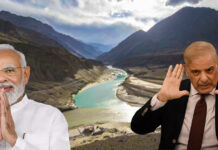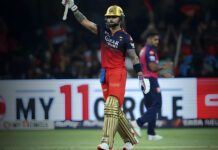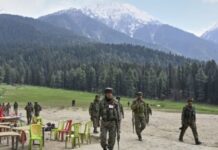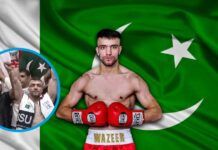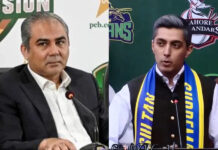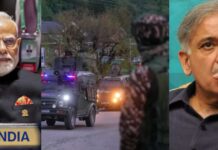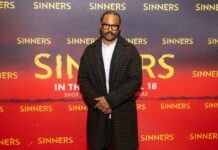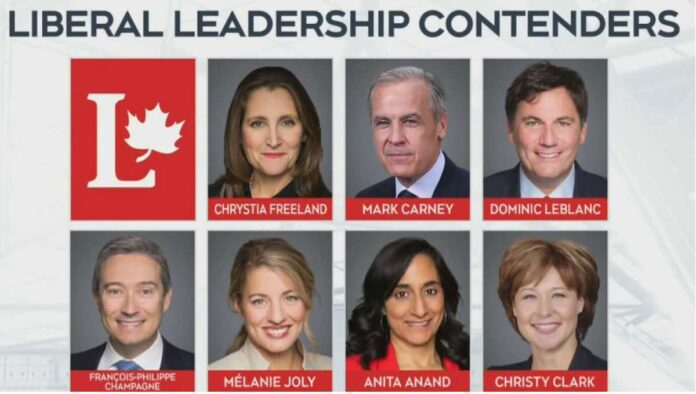Justin Trudeau announced his resignation from the leadership of the Liberal Party of Canada. He will step down as soon as someone has been elected to the role, after serving three terms in office. Trudeau’s resignation is a result of viral discontent that stems from persistent inflation, the ongoing crisis regarding housing, and demands from voters for change. The race for Trudeau’s replacement has already begun, with the forthcoming date of a federal election looming.
Let’s take a closer look at the leading contenders vying for the leadership.
Mark Carney: The Economic Strategist
Mark Carney’s former roles as the governor of the Bank of Canada and the Bank of England render him a strong contender. He has served as an economic advisor to the Liberal Party but has never run for office. The absence of such political experience raises questions about his readiness for the retail side of politics.
Carney’s strengths are in economics and climate policy, areas that have been criticised by the Liberals. Yet, there are already critics who call him ‘just like Justin‘ for supporting Canada’s carbon pricing.
Chrystia Freeland: The Seasoned Negotiator
As a former deputy prime minister, one can say Chrystia Freeland is one of the most iconic personalities in Canadian politics. She came to Parliament in 2013 after being handpicked by the prime minister to lead his economic advisory team. One of her qualifications includes putting the final touches on a trade deal with the EU and renegotiating NAFTA; she has even worked on coordinating sanctions against Russia since being appointed as finance minister.
Such vast experienced pattern in international trade and economic policy makes her a really strong contender, particularly at times when Canada might engage in trade tactics with the United States.
Read more: Canadian PM Justin Trudeau ‘Likely’ to Resign
Christy Clark: The Outsider with a Fresh Start
Former premier of British Columbia, Christy Clark, has announced her interest in heading the Liberal Party. Unlike others, she doesn’t tie herself to the Trudeau years, so it may appeal to voters who want a new chapter for this country.
Since she has leadership experience in provincial politics, it could also make her a unifying figure for the party, providing a different perspective on the national stage.
Dominic LeBlanc: The Trusted Fixer
Dominic LeBlanc has for a long time been a Liberal insider and very close to Trudeau. He is known as the “fixer” for the party and has held quite a few tough portfolios, including public safety. He has also worked hard to establish ties with the people around Donald Trump, even sharing a meal with the former president-elect at Mar-a-Lago.
Thus, his deep-rooted party relations and ability to manoeuvre politics will make him a very strong candidate.
François-Philippe Champagne: The Energiser from Quebec
François-Philippe Champagne, the minister of industry, has brought energy and zeal to the office in Quebec, a strategic province for winning elections. He also played an important part in securing an EV battery deal with global major automakers Volkswagen and Honda.
His proactive diplomatic ventures with U.S. lawmakers will be very effective when dealing with any cross-border issues in the event of a second Trump administration.
Mélanie Joly: The Political Organiser
Mélanie Joly, the foreign affairs minister, is a seasoned political organiser with a strong profile in Quebec. She entered federal politics after an impressive run in a Montreal mayoral race. Joly’s background as a lawyer and communications executive complements her political acumen.
Her ability to maintain visibility in Quebec could be a significant asset in a leadership race.
Anita Anand: The Change Maker
Anita Anand, the current transport minister, has risen rapidly within the Liberal Party since her election in 2019. As defence minister, she led reforms to address misconduct in the armed forces. Anand also managed Canada’s COVID-19 vaccine distribution as a rookie minister.
Her focus on dismantling systemic barriers and changing workplace cultures demonstrates her commitment to inclusivity and progress.
With Trudeau stepping aside, the Liberal Party faces a crucial decision. Each candidate brings unique strengths and challenges, ranging from economic expertise to political experience. The choice will shape the party’s future and its ability to reconnect with voters. The leadership race promises to be a pivotal moment for Canada’s Liberals.
Stay tuned to Brandsynario for the latest news and updates.





